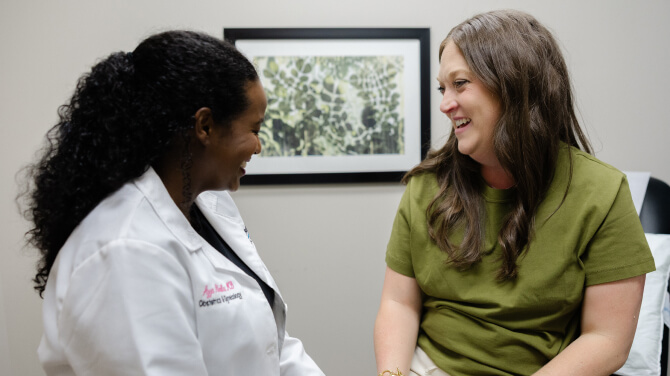Resource Center
All ContentBlogCase StudiesCustomer Success StoriesebooksWebinars
How PrimeCare Community Health increased same-day documentation by 10%
- 93%Provider utilization of BH encounter plan in June
- 10-15%Provider utilization of BH encounter plan in June
- 10%Decrease in encounters closed after 2-3 days








